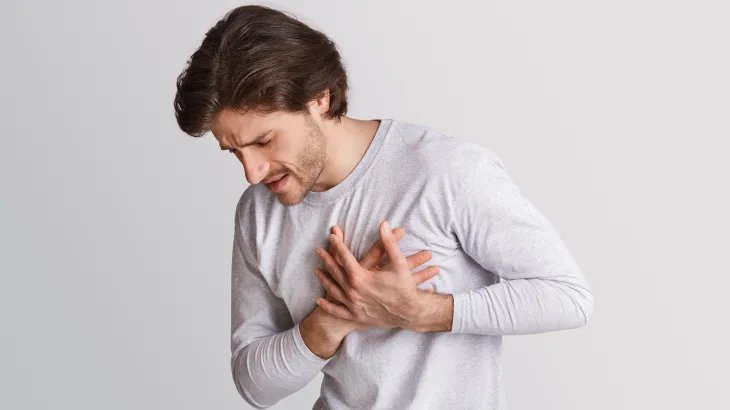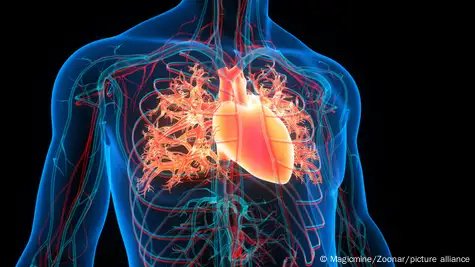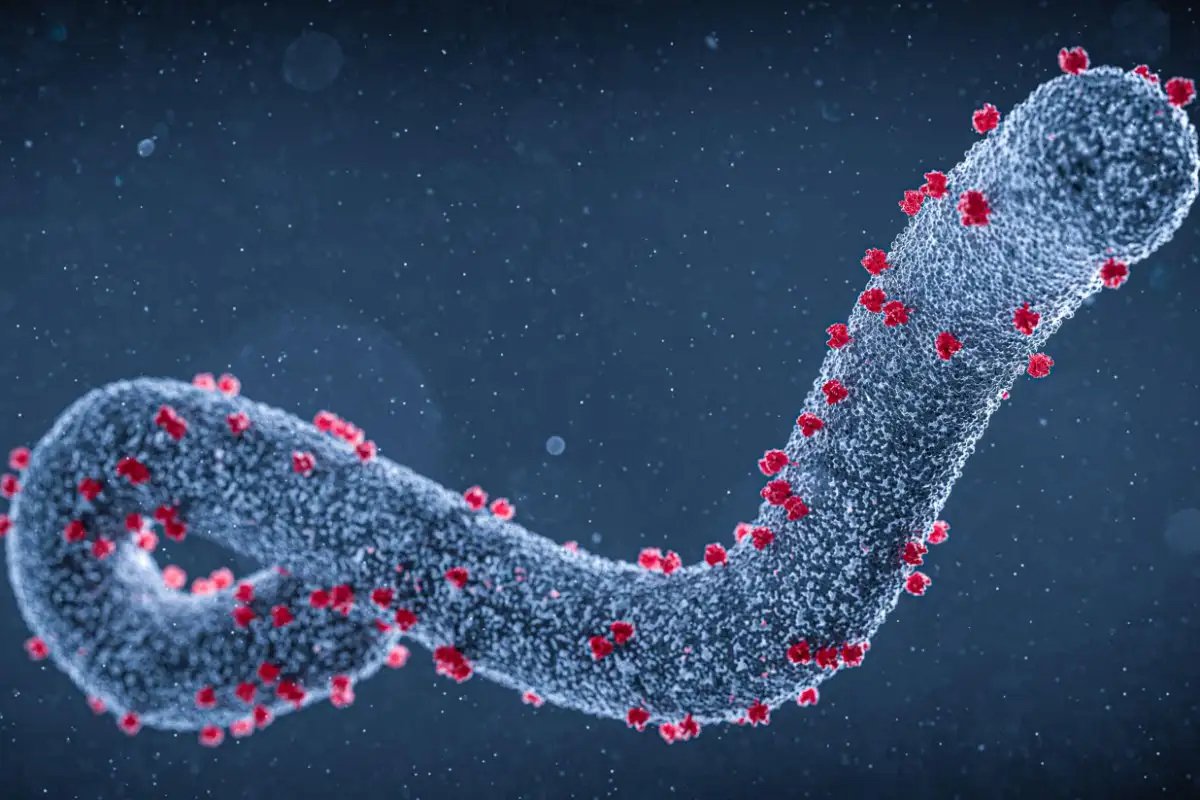Sudden cardiac arrest (SCA) is a life-threatening condition that occurs when the heart unexpectedly stops beating, leading to a complete cessation of blood flow to the brain and other vital organs. Often confused with a heart attack, SCA is much more severe and can be fatal within minutes if not treated immediately. Recognizing the symptoms, understanding the causes, and learning how to prevent this silent killer can make all the difference in saving a life. In this article, we will explore what causes sudden cardiac arrest, the risk factors associated with it, and actionable steps to lower the risk and improve heart health.
What is Sudden Cardiac Arrest?
Sudden cardiac arrest is the abrupt loss of heart function caused by an electrical malfunction in the heart. This malfunction prevents the heart from pumping blood, leading to a sudden collapse of the individual affected. Without immediate medical intervention, typically in the form of cardiopulmonary resuscitation (CPR) or the use of a defibrillator, SCA can lead to death in minutes.
Difference Between Cardiac Arrest and Heart Attack
It is essential to distinguish between a heart attack and cardiac arrest, as they are often mistakenly used interchangeably. A heart attack occurs when there is a blockage in the blood vessels supplying the heart muscle, which can cause part of the muscle to die. In contrast, sudden cardiac arrest is an electrical issue in the heart that disrupts its ability to pump blood, causing the person to lose consciousness.
While a heart attack can sometimes lead to cardiac arrest, the two are distinct conditions requiring different treatments.
Causes of Sudden Cardiac Arrest
Several conditions can lead to sudden cardiac arrest, but the most common cause is an abnormal heart rhythm called ventricular fibrillation. This is when the heart’s lower chambers start to quiver rather than pump blood effectively. Other causes of SCA include:
- Coronary artery disease: Plaque buildup in the arteries leading to the heart can trigger a heart attack, which in turn can lead to SCA.
- Arrhythmias: Abnormal heart rhythms such as atrial fibrillation or ventricular tachycardia increase the risk of the heart stopping suddenly.
- Cardiomyopathy: This disease of the heart muscle can lead to an enlarged heart, making it harder for the heart to pump blood effectively, which may cause cardiac arrest.
- Congenital heart defects: People born with heart abnormalities, particularly those affecting the heart’s electrical system, are at higher risk of SCA.
- Heart failure: Weakened or damaged heart muscles from previous heart attacks or chronic conditions can lead to sudden cardiac arrest.
- Electrolyte imbalances: Low or high levels of minerals like potassium or magnesium can disrupt the heart’s electrical activity, potentially causing cardiac arrest.
- Drug misuse: The use of illicit drugs like cocaine or the misuse of prescription medications can cause arrhythmias that lead to SCA.
- Genetic conditions: Inherited heart conditions, such as Long QT Syndrome or Brugada Syndrome, can also increase the risk of sudden cardiac arrest.
Risk Factors for Sudden Cardiac Arrest
Although anyone can experience sudden cardiac arrest, certain factors increase the likelihood of it occurring. These include:
- Previous heart attacks: Individuals who have had a heart attack are at a much higher risk of experiencing SCA.
- Family history: A family history of heart disease or sudden cardiac death increases the risk of SCA.
- Age and gender: Men over the age of 45 and women over the age of 55 are at greater risk, although it can occur in younger individuals as well.
- Smoking: Smoking damages blood vessels, leading to coronary artery disease and increasing the likelihood of SCA.
- High cholesterol and hypertension: Both of these conditions contribute to the development of heart disease, which can lead to cardiac arrest.
- Diabetes: Diabetics are more prone to developing heart conditions that increase the risk of SCA.
Signs and Symptoms of Sudden Cardiac Arrest

Sudden cardiac arrest can strike without warning. However, there are sometimes early signs that can precede an episode of SCA. These include:
- Chest pain: This is often a precursor to a heart attack or cardiac arrest.
- Shortness of breath: Difficulty breathing may indicate underlying heart problems that could lead to SCA.
- Lightheadedness or fainting: Fainting or sudden dizziness can signal a serious issue with the heart’s rhythm.
- Rapid or irregular heartbeats: Palpitations or a racing heartbeat may indicate arrhythmia, which could escalate into SCA.
When sudden cardiac arrest occurs, the most obvious signs include:
- Sudden collapse: The person becomes unresponsive almost instantly.
- No pulse or breathing: The lack of a pulse and absence of breath are signs that the heart has stopped functioning.
- Loss of consciousness: The individual will immediately lose consciousness, and without CPR, death can occur within minutes.
Immediate Response to Sudden Cardiac Arrest
If someone is experiencing sudden cardiac arrest, immediate action is essential to saving their life. The key steps are:
- Call emergency services: Dialing emergency services is the first step, as professional medical care is crucial for survival.
- Perform CPR: Cardiopulmonary resuscitation helps to maintain blood flow to the brain and other vital organs. If trained, provide chest compressions until help arrives.
- Use an automated external defibrillator (AED): If available, use an AED to restore the heart’s normal rhythm. AEDs are often found in public places and are designed to be used by individuals with no medical training.
Prevention and Lifestyle Changes to Reduce Risk
While some causes of sudden cardiac arrest are unavoidable, many risk factors can be managed through lifestyle changes. Here are some strategies to lower the risk of SCA:
1. Exercise Regularly

Regular physical activity strengthens the heart and improves cardiovascular health. It also helps to manage weight, lower cholesterol, and reduce blood pressure—all of which are important for heart health. Aim for at least 150 minutes of moderate exercise each week, such as walking, swimming, or cycling.
2. Eat a Heart-Healthy Diet
A balanced diet that is rich in fruits, vegetables, whole grains, and lean proteins can help protect the heart. Limiting the intake of saturated fats, trans fats, salt, and sugar is crucial for reducing the risk of heart disease, which can lead to SCA.
3. Quit Smoking
Smoking is one of the most significant risk factors for heart disease and sudden cardiac arrest. Quitting smoking improves heart health almost immediately and lowers the risk of SCA dramatically.
4. Manage Stress
Chronic stress increases the risk of heart problems, including arrhythmias that can lead to SCA. Practicing stress-management techniques such as meditation, deep breathing exercises, and yoga can help protect the heart.
5. Control High Blood Pressure and Cholesterol
Monitoring and managing blood pressure and cholesterol levels are key components of heart health. Medications, diet, and exercise can help keep these levels in check, reducing the risk of SCA.
6. Stay Informed About Your Family History
Knowing your family’s medical history can help you take proactive steps to reduce your risk of SCA. If heart conditions run in your family, consider regular check-ups with a cardiologist to monitor your heart’s health.
Conclusion: Taking Action to Prevent Sudden Cardiac Arrest
Sudden cardiac arrest is a serious condition that can happen without warning, but there are ways to reduce the risk. By making lifestyle changes, staying informed about your heart health, and responding quickly in emergencies, you can greatly improve your chances of preventing or surviving an SCA event. Remember, knowing the risk factors and early signs can make all the difference when it comes to safeguarding your heart.
Scientific Sources:
- American Heart Association: Cardiac Arrest
- Mayo Clinic: Sudden Cardiac Arrest
- National Institutes of Health: Sudden Cardiac Arrest
- Harvard Medical School: Heart-Healthy Diet
By understanding the causes, symptoms, and risk factors of sudden cardiac arrest, you can take proactive steps to protect your heart and improve your overall health.



